Washing Machine Safety and Maintenance
Monitor water flow into the machine, especially during cold cycles.
Modern households often heavily depend on appliances, trusting them to work flawlessly. However, as with all machines, wear and tear can lead to malfunctions or breakdowns, which can have repercussions for homeowners, both in terms of damage and financial costs. Here's a quick guide that homeowners can use to ensure the safety and longevity of their washing machines:
Never leave home while the washing machine is running.
Empty pockets of objects like coins, hair ties, wrappers, and paper clips. These can cause expensive damage to machines, especially the drain pumps of the new front load washing machines.
Use the correct type of soap according to the owner’s manual. Some washers require regular laundry detergent, while others need HE (High Efficiency.)
Follow manufacturer instructions for the correct amount of laundry detergent needed. Too much can cause buildup, clog the water level sensor hose, which may lead to an overflow or other problems.
If there is a filter on the drain line, clean it at least every three months.
Check hoses, connections, and house valves periodically, looking for leaks and wear and tear.
Check for water and suds leakage.
Make sure the appliance is level.
Immediately cease use and contact a professional repair service if unusual sounds occur.
Monitor water flow into the machine, especially during cold cycles. If there is a decrease in flow rate, it's time to contact a professional to complete evaluation and repair.
In the event of an emergency, turn the water off and unplug the machine. Promptly contact a professional service for assistance in addressing the issue.
By adhering to the above guidelines, homeowners can not only extend their washing machine's lifespan but also ensure a safer and more efficient laundry experience.
Freedom Appliance of Tampa Bay has 13 years experience in providing professional refrigerator and freezer repair, dishwasher repair, microwave repair, oven, stove, and range repair, washing machine and dryer repair, and other small appliances repair. We also specialize in kitchen and laundry appliance installation and dryer duct cleaning. .Call 813-302-7672 today!

